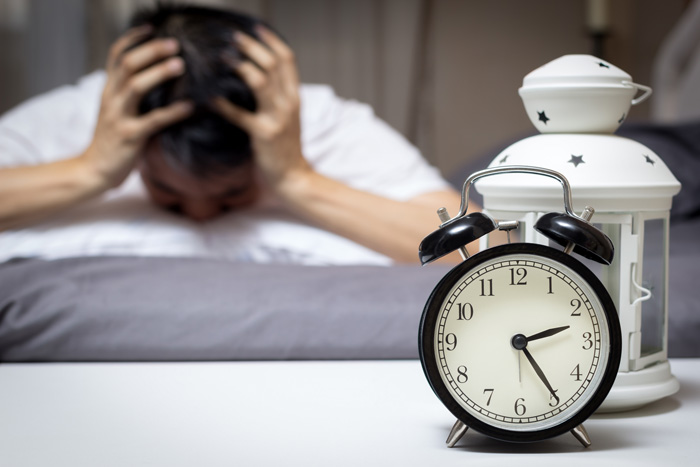

Inability to maintain sleep (middle insomnia): frequent waking during the night after sleep onset beyond 20-30 minutes, and difficulty returning to sleep after mid-night waking.Challenges falling asleep (onset insomnia): inability to fall asleep beyond 20-30 minutes.The condition has three primary symptoms.
IDO I HAVE INSOMNIA QUIZ MANUAL
is listed as a sleep-wake disorder in the Diagnostic and Statistical Manual of Mental Disorders, 5th edition, revised text (DSM-5-TR). Nonpharmacologic management of chronic insomnia.

The assessment and management of insomnia. journals/jamanetworkopen/fullarticle/2798209 Evaluation of sleep habits and disturbances among US adults, 2017-2020. Prevalence of chronic insomnia in adult patients and its correlation with medical comorbidities. You can learn more about how we ensure our content is accurate and current by reading our editorial policy. Healthline has strict sourcing guidelines and relies on peer-reviewed studies, academic research institutions, and medical associations. Treating other health conditions like diabetes or chronic pain may help treat your insomnia.
Treating underlying medical conditions. Limiting the use of substances like caffeine, alcohol, and tobacco may improve sleep quality. This can ease worries and is a useful tool for treating learned insomnia. Paradoxically, letting go of the expectation of falling asleep may help you drift off easier. Keep in mind that experts typically advise against long-term sleeping pill use due to side effects like forgetfulness, sleepwalking, and daytime fatigue. There are lots of prescriptions (i.e., Ambien, Lunesta, and Sonata) and over-the-counter medications and supplements (i.e., Benadryl, melatonin) used to treat insomnia. Meditation, yoga, breathing exercises, and other strategies can help you relax before bedtime. Avoiding naps and limiting the time you spend in bed can also help. Falling asleep and getting up at the same time every day may improve your sleep quality. Examples include not using any digital devices in bed or leaving your room if you can’t drift off in a set time frame. 
Controlling stimuli can help your body rest more easily. Writing down your fears, worries, or concerns before bed can help you clear your mind before you drift off. According to 2015 research, CBT is as effective or more effective than sleep medication for treating chronic insomnia. Cognitive Behavioral Therapy (CBT) in particular can be an effective way to treat insomnia. What works best for you might depend on the cause of your insomnia, your lifestyle, and your personal preferences. There are many at-home and medical treatments for insomnia.
using alcohol, tobacco, or other substances. shift work or an irregular sleep schedule. Other common risk factors for insomnia include: As many as three-quarters of older adults report experiencing some insomnia symptoms, according to 2020 research. chronic health conditions (i.e., cancer, cardiovascular disease, diabetes)Īlthough insomnia can happen at any stage of life, it most often occurs in older adulthood. other sleep disorders (i.e., sleep apnea). mental health conditions like anxiety, depression, or substance use disorder. chronic pain (i.e., arthritis, back pain). certain medications (i.e., beta-blockers) or stimulants (i.e., caffeine). Many factors can contribute to acute insomnia.







 0 kommentar(er)
0 kommentar(er)
